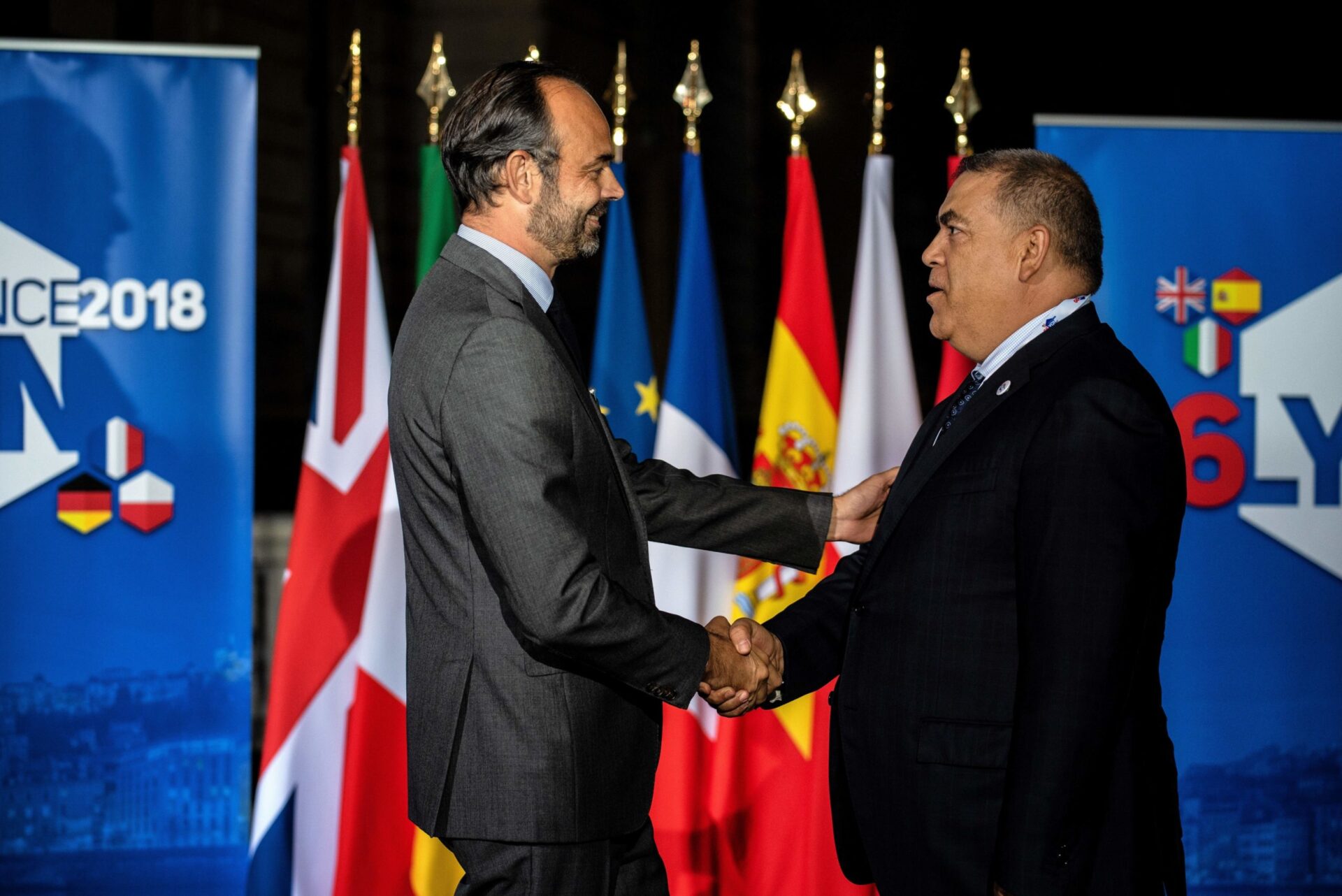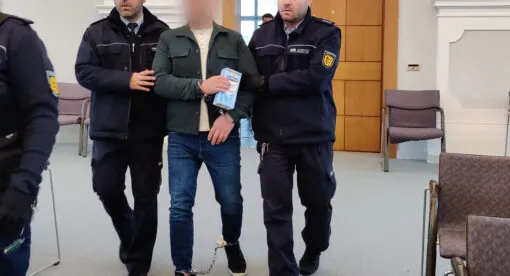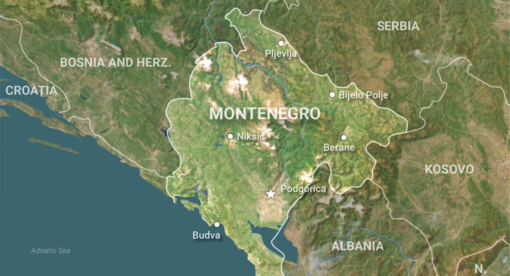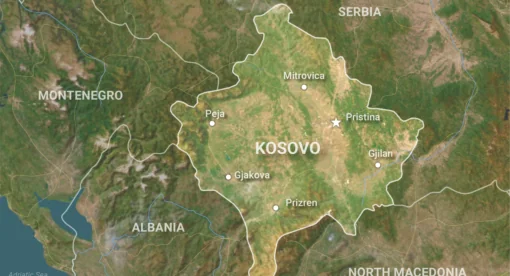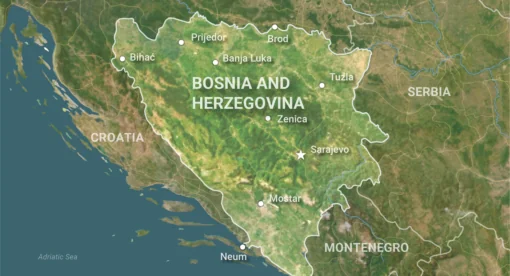Executive Summary
Despite territorial losses in Iraq and Syria, Daesh continues to evolve its tactical and propaganda strategies to draw recruits and to further its political agenda. Through its innovative and media-savvy techniques, Daesh has offered youths an outlet for their grievances and dreams. Existing PVE programming has failed because of its one-size-fits-all approach and overemphasis on ideology.
The main takeaways are:
• From a communication perspective, policymakers must reduce the emotional and rational appeals of all violent extremist groups. Policies to prevent violent extremism should anchor women as frontline decision makers and youths as active partners in peacebuilding.
• Specific investment should be made in providing actors already on the ground with training in media usage and civic engagement and on violent extremist groups.
• Engaging with religious leaders across the ideological and political divide is key. Intra-Muslim dialogue is needed to address the gaps between Salafi communities and the government religious apparatus and end the marginalization of Salafi communities that could increase resentment and encourage recruitment.
The views expressed in this article are those of the author and not an official policy or position of the Newlines Institute.

